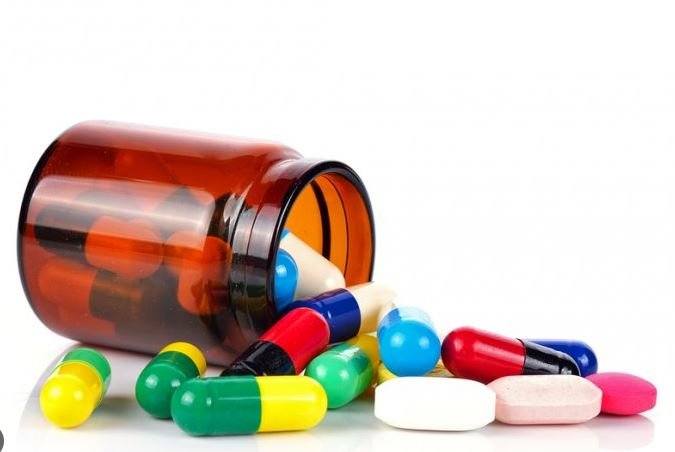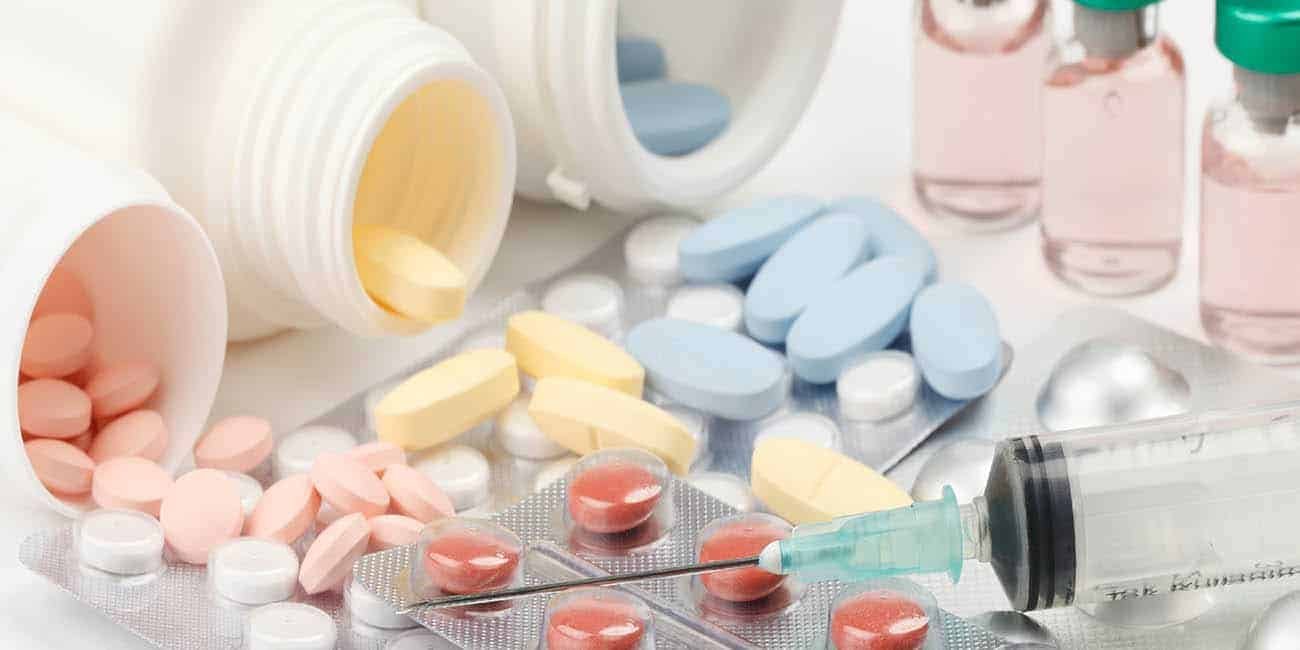Antibiotics have revolutionized modern medicine by effectively treating bacterial infections, but their impact on the gut microbiome has raised concerns. Understanding how antibiotics interact with the diverse ecosystem of microorganisms in our gut is crucial for maintaining overall health. This guide explores the relationship between antibiotics and the gut microbiome, highlighting potential effects and ways to mitigate any negative consequences.

The Role of the Gut Microbiome
To begin with, it’s essential to understand the gut microbiome’s vital role in human health. The gut microbiome consists of trillions of bacteria, viruses, fungi, and other microorganisms that live in the digestive tract. These microbes contribute to digestion, produce essential vitamins, regulate the immune system, and protect against harmful pathogens. Maintaining a balanced gut microbiome is key to overall well-being.
How Antibiotics Affect the Gut
Moreover, antibiotics can significantly disrupt the gut microbiome. While antibiotics effectively kill harmful bacteria, they can also eliminate beneficial bacteria in the process. This disruption can lead to a decrease in microbial diversity, which is associated with various health issues, including digestive disorders, weakened immunity, and an increased risk of infections. Therefore, understanding the impact of antibiotics on the gut is crucial for minimizing potential side effects.
The Long-Term Impact on Microbial Diversity
Additionally, the long-term effects of antibiotics on microbial diversity should not be overlooked. Research suggests that the gut microbiome may take months or even years to fully recover after a course of antibiotics. During this time, the loss of beneficial bacteria can create an imbalance, allowing harmful bacteria to proliferate. This imbalance can lead to conditions such as antibiotic-associated diarrhea or more serious infections like Clostridium difficile (C. diff).
The Importance of Probiotics During Antibiotic Use
To counteract the negative effects of antibiotics, incorporating probiotics into your diet can be beneficial. Probiotics are live beneficial bacteria that help restore balance in the gut microbiome. Taking probiotic supplements or consuming probiotic-rich foods such as yogurt, kefir, and sauerkraut during and after antibiotic treatment can help replenish the beneficial bacteria and support gut health.
Prebiotics: Feeding the Good Bacteria
Furthermore, prebiotics play an essential role in supporting the gut microbiome. Prebiotics are non-digestible fibers that serve as food for beneficial bacteria in the gut. By consuming prebiotic-rich foods like garlic, onions, bananas, and whole grains, you can nourish the good bacteria, helping them thrive even during antibiotic treatment. Combining prebiotics with probiotics can offer a synergistic effect, promoting a healthy gut microbiome.
Restoring Gut Health After Antibiotic Treatment
After completing a course of antibiotics, focusing on restoring gut health is important. Gradually reintroducing fermented foods, high-fiber vegetables, and whole grains can help rebuild microbial diversity. Additionally, reducing sugar and processed food intake supports the growth of beneficial bacteria, while regular physical activity and stress management also contribute to a healthy gut microbiome.
The Risk of Antibiotic Resistance
In addition to affecting gut health, the overuse of antibiotics has contributed to the rise of antibiotic-resistant bacteria. This global health threat makes treating infections more challenging and underscores the importance of using antibiotics responsibly. By avoiding unnecessary antibiotic use and focusing on natural alternatives when appropriate, you can help preserve the effectiveness of these life-saving drugs.
The Connection Between Gut Health and Mental Well-Being
Interestingly, research has shown a connection between gut health and mental well-being, often referred to as the gut-brain axis. The gut microbiome produces neurotransmitters such as serotonin, which play a role in mood regulation. Disruption of the gut microbiome by antibiotics can affect mental health, potentially leading to symptoms of anxiety and depression. Maintaining a healthy gut is essential for both physical and mental well-being.
Strategies for Antibiotic Stewardship
To ensure antibiotics are used responsibly, adopting strategies for antibiotic stewardship is crucial. This involves using antibiotics only when necessary, following the prescribed dosage, and completing the full course of treatment. Additionally, discussing with your healthcare provider about whether antibiotics are needed and exploring alternative treatments can help protect your gut microbiome and prevent antibiotic resistance.
Conclusion
In conclusion, while antibiotics are essential for treating bacterial infections, they can significantly impact the gut microbiome. Understanding this relationship and taking steps to support gut health before, during, and after antibiotic treatment can help minimize negative effects. Incorporating probiotics, prebiotics, and a balanced diet, along with responsible antibiotic use, can promote a healthy gut microbiome, contributing to overall well-being and reducing the risk of long-term health issues.




